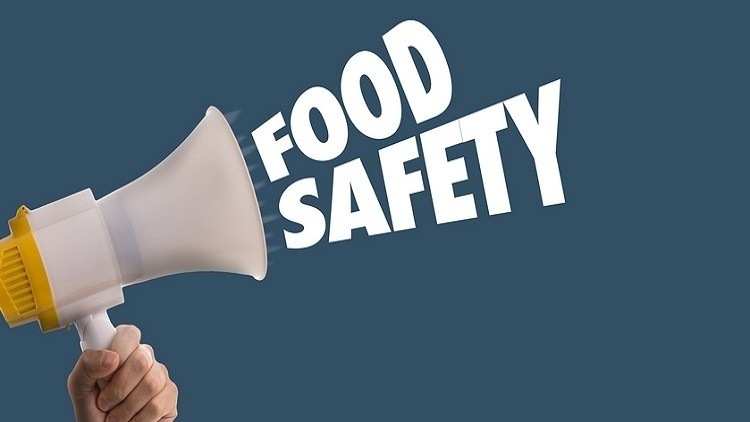Safety First: Philippines trans-fat ban, Thailand cannabis regulations, Japan organic governance and more feature in our round-up

Trans-fat fight: Philippines to ban all prepackaged processed foods with high trans-fat levels by 2023
The Philippines government has announced a ban on all prepackaged processed foods containing high trans-fats levels as part of its objective to completely eliminate their presence by 2023.
In 2021 the Philippines laid out guidelines to prohibit the presence of partially-hydrogenated oils (PHOs) within the food supply, whether these be in edible oils and fats or used in the preparation of processed food products. This has now been expanded to include more guidelines for trans-fatty acids (TFAs) or trans-fats, specifically industrially-produced TFAs (artificial trans fat developed via the partial hydrogenation of oils).
“Studies have consistently shown that there is no safe level of TFA consumption and its intake ha no health benefit, [and] with neighbouring countries implementing bans on PHOs and setting mandatory limits on TFA content in food, the Philippines is vulnerable to dumping of TFA-rich food products in the absence of similar regulations,” the Philippines Food and Drug Authority (FDA) said via a formal statement.
Cannabis commotion: Thailand tightens use of hemp and CBD in foods three months after decriminalisation
The Thai government has announced new regulatory edicts specifying tighter regulatory control over the use of hemp and CBD in food and seasonings, just three months after announcing the decriminalisation of cannabis in the country.
In July this year, FoodNavigator-Asia reported that Thailand became the first country in South East Asia to formally legalise the use of cannabis for food-related purposes, after the Thai Ministry of Public Health (MOPH) announced that cannabis and hemp were delisted from the Category 5 list of narcotics in the Royal Gazette. This legalised the planting, importing, consumption and also usage of these for use in food products, with the caveat that tetrahydrocannabinol (THC) content did not exceed 0.2%.
About three months on, MOPH has now issued several new edicts regarding the use of cannabis and hemp and cannabis in foods and seasonings, presumably to tighten regulatory control and ensure that these would not be misused for recreational purposes.
Organic observance: Japan tightens regulations for food imports and certification label sizing
The Japanese government has implemented tighter regulations for organic food imports, with firms required to appoint specific personnel and use standard organic certification labels to avoid being rejected.
Although the organic food market in Japan is still largely considered an emerging segment, the rise of the health and wellness trend in recent years has delivered a boost to the segment, which was valued at some US$1.8bn as of 2020.
With this rise has come an increase in interest from various international companies to break into Japan’s organic market, and a corresponding increase in organic food imports – this has in turn prompted the local government to implement more stringent regulations to govern the entry of this, as reflected in a recent announcement from the Ministry of Agriculture, Forestry and Fisheries (MAFF).
China celeb ban: No celebrity endorsement allowed for health supplements - SAMR
Health supplements brands are prohibited from engaging celebrities to endorse their products, the Chinese authorities have again warned, in a move which an expert says is targeted at a ‘grey area’ for overseas brands.
The State Administration for Market Regulation (SAMR) announced the above, alongside six other regulatory bodies, including the Office of the Central Cyberspace Affairs Commission, the Ministry of Culture and Tourism, National Radio and Television Administration, China Banking and Insurance Regulatory Commission, China Securities Regulatory Commission and the China Film Administration.
Safety over shelf-life: Thai consumer concerns over long expiry dates driving demand for clean label ingredients
Rising awareness amongst Thai consumers regarding the potential unhealthy connotations associated with long expiry dates is a key factor driving up the demand for clean label food ingredients in the country, according to leading industry experts.
Although the onset of the COVID-19 pandemic generally led consumers worldwide towards an increased preference for foods and beverages that were more affordable and could last longer, the time of panic-buying has now passed and Thais seem to be paying more attention to the labels of their purchases.
This has in turn led to rising concerns over long expiry dates, the potential additives in these products conveying these as well as the potential long-term health impacts, according to leading starch firm SMS Group.










